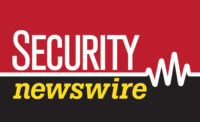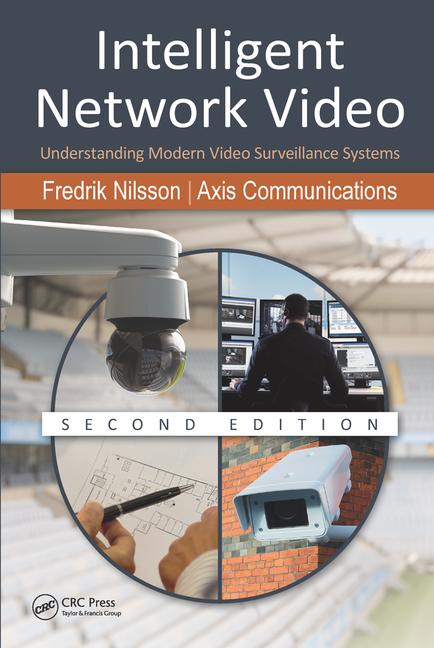ACLU Wants Moratorium on Chicago's Network of Cameras

A leading civil rights group wants Chicago to stop expanding its network of thousands of cameras covering the city because of privacy issues, First Amendment concerns and a lack of regulation.
The American Civil Liberties Union of Illinois called for a full review of the cameras -- which number at least 10,000 and are at locations from skyscrapers to utility poles -- saying city officials won't release basic information like the exact number, cost and any incidents of misuse.
Those concerns, along with city officials' plans for expansion, put Chicago a step closer to a Big Brother invasion of privacy, the ACLU alleged.
"Chicago's camera network invades the freedom to be anonymous in public places, a key aspect of the fundamental American right to be left alone," the ACLU report states. "Each of us then will wonder whether the government is watching and recording us when we walk into a psychiatrist's office, a reproductive health care center, a political meeting, a theater performance, or a book store."
The network includes private cameras and those installed by city agencies, like the Chicago Transit Authority. While many of the cameras are visible -- like those with flashing blue lights affixed to street poles -- many others are unmarked.
In its report, the ACLU outlined three specific technologies that exceed the powers of ordinary human observation and increase the government's power to watch the public: zoom, facial recognition capacity and automatic tracking.
In addition to the moratorium, the agency recommended more public input, regular audits, rules and regulation on who can view the images, public notice before installing a camera and disclosure of any abuse.
Looking for a reprint of this article?
From high-res PDFs to custom plaques, order your copy today!




